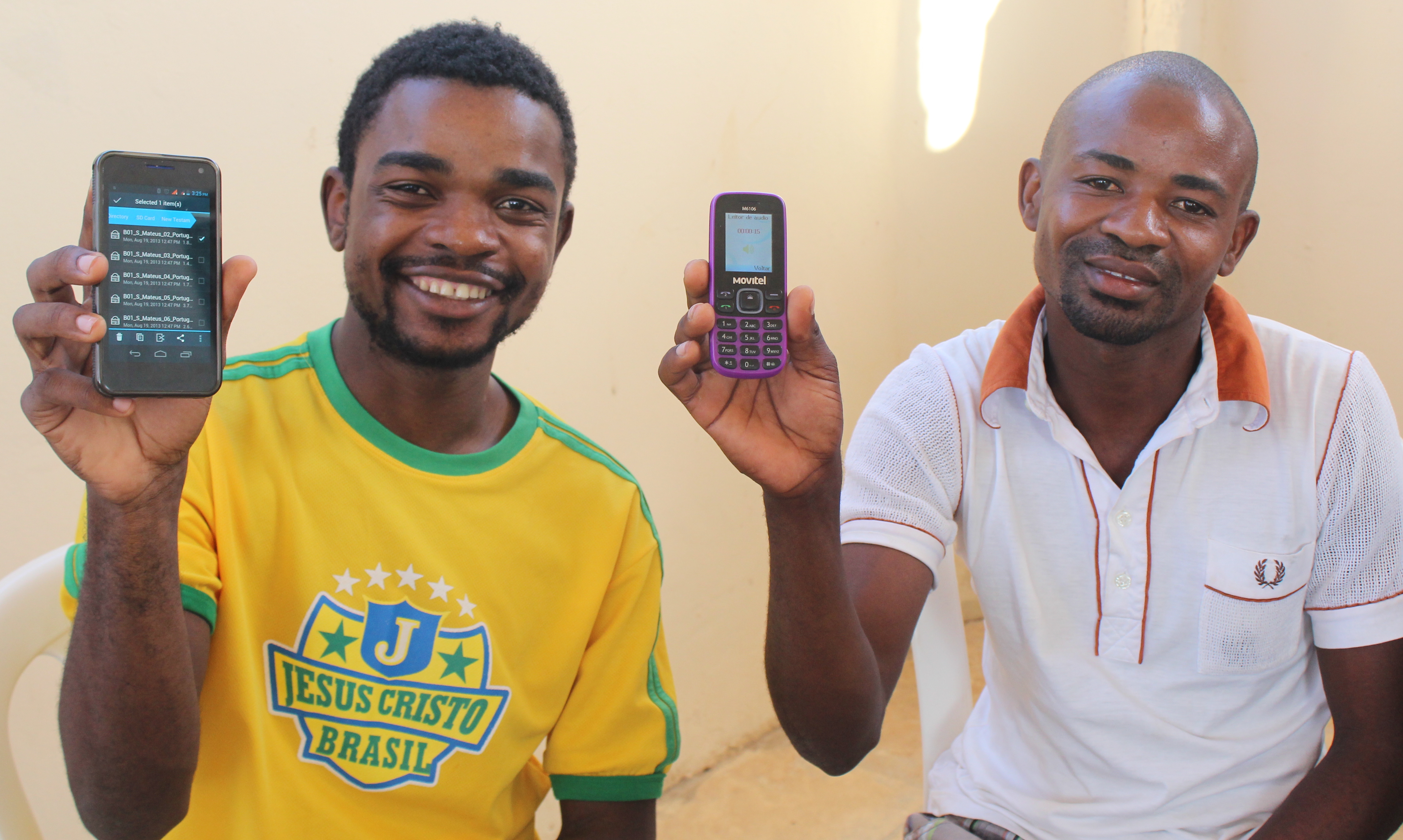So you’re interested in mobile ministry among the unreached and the first question that comes to mind is, “What kind of phone do I need?” Here, listed in order of importance, are features you need to consider.
1. Don’t buy the phone in your home country but, rather, “on-the-field” so you:
- Ensure that your phone can make and receive calls on the local system (someone buying a phone in the U.S. may find it only works on CDMA telecommunications systems and that the local system uses GSM).
- Ensure that your phone supports any alternate language scripts (Thai, Arabic, etc.) that are used by your intended audience.
- Have a warranty that will be honored.
- Have a phone charger that plugs into local outlets.
2. Get a typical brand/model used by your intended audience. Ask mobile phone store shopkeepers (the ones serving your intended audience) what the most popular models that they are selling are. By getting what the locals use you ensure compatibility and you end up with a device that you can test potential outreaches/outreach materials upon knowing that, if it works on your phone, it should work on theirs. On-the-ground research is best for finding out what phones are being used, but helpful information about the most popular phones used in various countries can be found at mobmin.org/atlas. If your country isn’t listed there is an appendix that gives you the means to find those details on your own.
3. Be careful about getting too exceptional of a phone. If your phone has a big “Wow” factor among the people you are reaching out to they will be less focused on the media you are trying to share and more focused on how rich you must be and what a neat phone your media is playing on. You’re also more likely to end up on the wrong side of someone interested in relieving you of your high-end phone.
4. Running out of memory is the bane of mobile ministry. Getting a phone with at least 32GB of memory is a good starting point but try and get a phone with a microSD memory card expansion slot if at all possible! (strike number one against iPhones)
5. If you can, have the phone store get the phone out and play some media on it at top volume. Screens are big enough these days for four to five people to watch at one time but the speakers don’t always keep up well. Essentially, speaker power is more important than screen size. Remember the audio may need to be heard above the roar of a diesel bus engine or the wail of a crying baby!
6. With that said about screen size, screen brightness is very important. If you can’t test out or see the phone’s screen in bright sunlight check online for reviews to see how it fares when the sun is blazing down. Audio is king, but being able to actually see the screen in bright sunlight is very very helpful.
7. Bluetooth connectivity. This is what gives you the ability to send your materials to other people’s phones- most phones should have it but double check just to make sure. (strike number two against iPhones)
8. If electric power is not assured in the area you are ministering, go for a lesser model phone. Smartphones are notorious for lasting just a day or less on one charge, whereas Nokia feature phones can often last a week or longer on a single charge. Portable battery packs can help you to recharge on the go, and the bigger the battery, the better for smartphones.
A couple helpful sites:
- Phone specifications/comparisons can be found at GSMArena-http://www.gsmarena.com/search.php3?
- Getting input from other users is helpful so ask around and check the web for reviews too: (http://reviews.cnet.com/cell-phones/ ; http://thewirecutter.com/reviews/best-budget-android-phone/)
About the author: Keith Williams is the director of Mobile Advance and a member of the MMF team. He has assisted mobile ministry initiatives in more than 35 countries and served in missions for ten years in the Arab world. Keith is the instructor for Mobiles in Mission: Using the Tool in Everyone’s Pocket, a 5-week mentored online course. Find out more and register for the next course offering here.

Am grateful for your instructions to the buying, and usage of the mobile phones.
Here in my country Kenya, most of the phones are having fake apps. This causes many, and especially the illitrate, to buy them without knowing that they may not be able to make it to the way they wanted them to operate.
I myself have been offended by more than five of these phones which I bought at a very high cost.
I thought that being brandy, they could download the online teachings I wanted, access everything in the internet and play online videos.
Yet none of the five could do it.
Finally I got this one am using which is doing all I wanted from the advice of an experienced friend of phones.